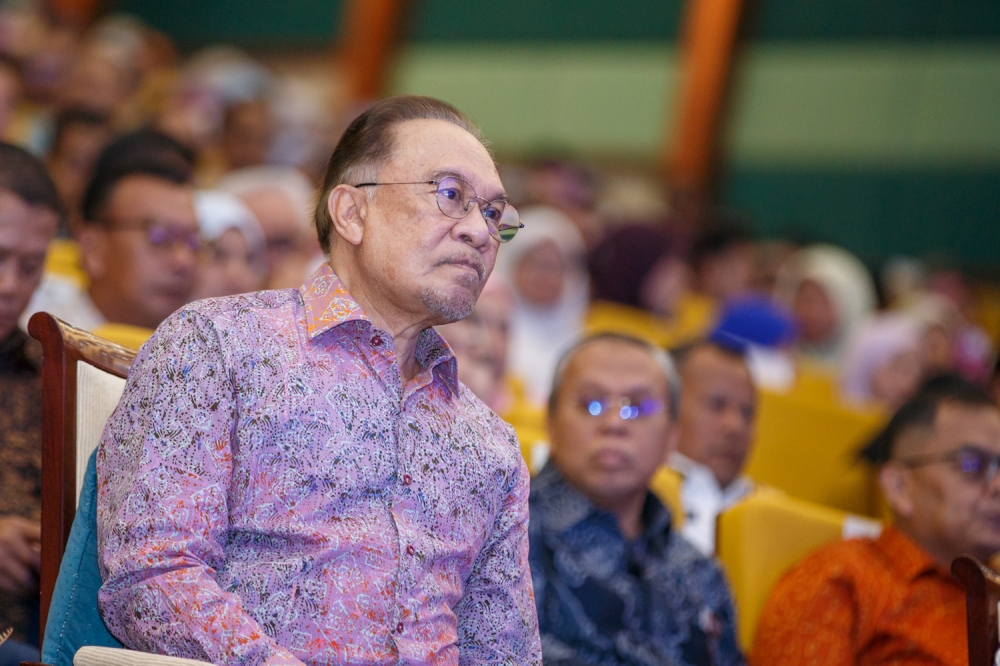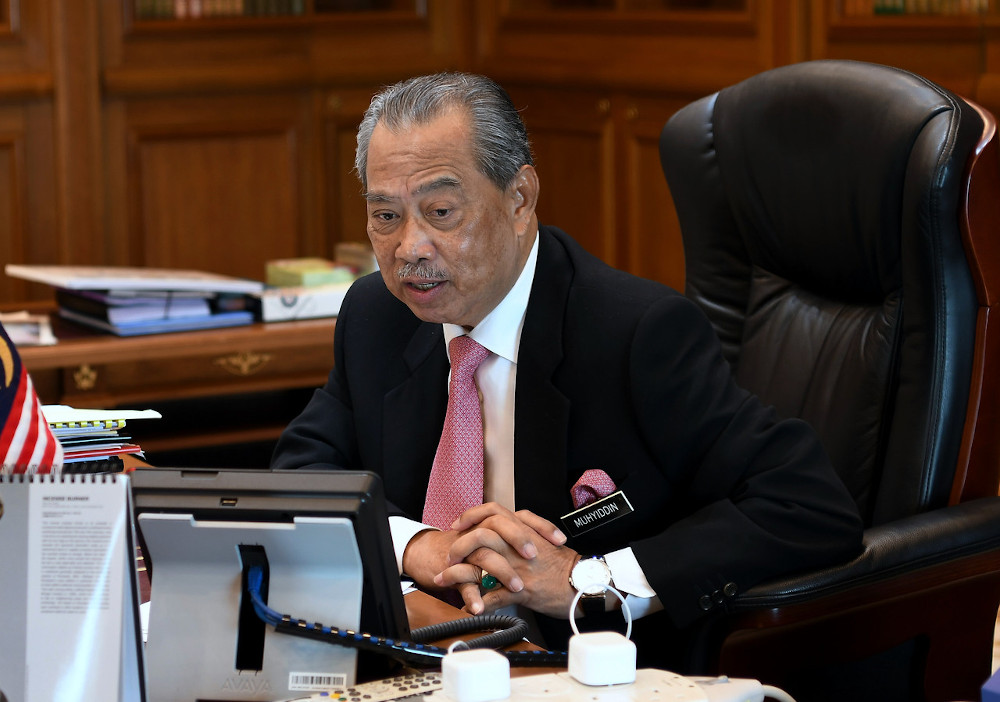KUALA LUMPUR, July 4 — To critics, the installation of Perikatan Nasional (PN) politicians as directors and board members of government-linked companies (GLCs) went against the ideals of good governance.
The political appointments at government-linked investment corporations (GLICs) and statutory bodies also drew allegations of abuse and possible corruption.
Yet analysts said Prime Minister Tan Sri Muhyiddin Yassin was not likely to be concerned about how the allegations would affect his support.
While detractors may disapprove, the narrative that the appointments was to safeguard Malay interest could work in the ruling coalition’s favour by boosting its standing among constituents that form its powerbase, said Edmund Terence Gomez, professor of economics at Universiti Malaya.
Under the previous Barisan Nasional, lower income Malays became unintended dependents of the resources at GLCs and GLICs that were appropriated for projects and initiatives that benefited them, which ultimately created a favourable view of such moves despite the perceived abuse.
Gomez said their financial standing made them susceptible to such moves by political appointees at state corporations, some of whom have been known to steer the available resources towards their intended destinations.
“These people, they’re poor,” said Gomez, who has authored a book on Umno’s extensive control of GLCs and government-linked investment corporations (GLICs).
“So you can’t say they don’t care about the appointments. Of course they do… because they are the ones at the receiving end.”
The Muhyiddin administration swiftly cleared key GLCs of nearly all Pakatan Harapan (PH) appointees shortly after coming to power and replaced them with politicians from the ruling coalition.
Observers said Muhyiddin, still unsure of the loyalty of his new coalition partners, could have used the posts as bargaining chips to secure their support.
Muhyiddin and Parti Pribumi Bersatu Malaysia, an Umno splinter party he co-founded with Tun Dr Mahathir Mohamad, lead PN as a minority member of a coalition formed hastily after PH collapsed.
Its smaller seat tally makes it vulnerable to mutiny from its much bigger partners, Umno and PAS.
On the allegations that the posts could have been used for support, Gomez said it was not unheard of and had been common during past administrations.
The academic also pointed out that the suspicions were natural due to the rewards that often accompany such positions, which the politicians could then use to further their own careers.
“Directorship fees can be lucrative, allowing ambitious politicians to channel funds into election or popularity campaigns,” said Gomez.
“Their position also allows them to award and lobby for state contracts as a way to earn favours or get support. These are just some of the ways they can abuse the GLCs for political gain.”
Despite some public misgivings about the return of political appointees over technocrats for such roles, Gomez predicted that the practice was unlikely to abate given the continued shakiness of the PN coalition.
Politicians appointed at such posts could allow them to channel resources into constituencies that need help, which would be a growing temptation amid rumours of an early general election.

Already, Opposition lawmakers claimed this was happening. In May, former primary Industries minister Teresa Kok accused new Malaysian Rubber Board (MRB) chairman Datuk Ahmad Nazlan Idris of rushing a RM100 million project in his parliamentary constituency.
Ahmad Nazlan, who is the Jerantut Umno chief, announced that the MRB would build a RM100 million Rubber Technology Centre (RTC) in Jerantut, Pahang, which Kok said would be redundant.
Kok also warned that it was history being repeated as the previous MRB chairman, Jasin MP Datuk Seri Ahmad Hamzah, did the same by ordering an unnecessary RM44 million project in his constituency in 2010.
Further supporting critics’ allegations were the corruption cases launched against former political appointees of the BN administration.
The list includes one former Negri Sembilan mentri besar who was the chairman of Felda and two Umno supreme council members who had been appointed to lead Felcra and Lembaga Tabung Haji.
Economists have echoed the view, warning about the potential impact on investors’ confidence.
Jayant Menon, visiting senior fellow at the Institute of Southeast Asian Studies (ISEAS-Yusof Ishak Institute), harshly criticised appointments and said the politicians should voluntarily quit should they fail.
“Those MPs who find themselves unable to perform their role effectively due to lack of experience, expertise or ability, should resign immediately,” he said.
“If they are unwilling to do that, they should simply accept the handsome but undeserved director's fees provided to them.
“Minimise their influence in decision-making processes by being dormant, and thereby reduce any negative impact on the GLC's performance.”

















